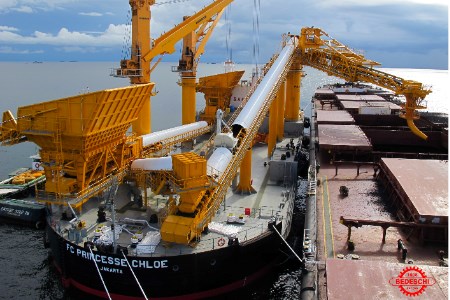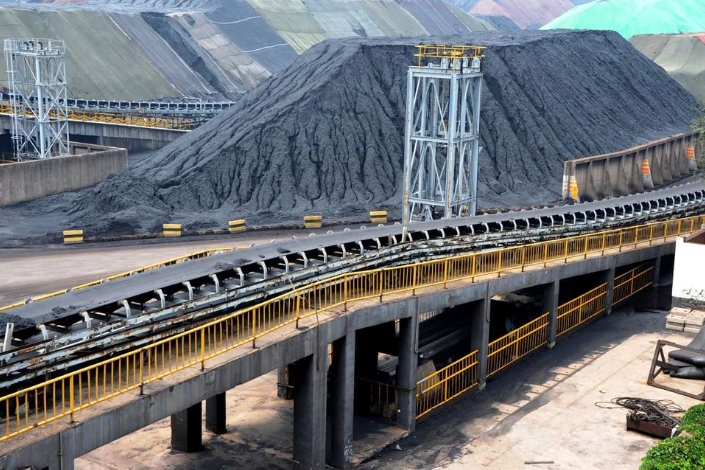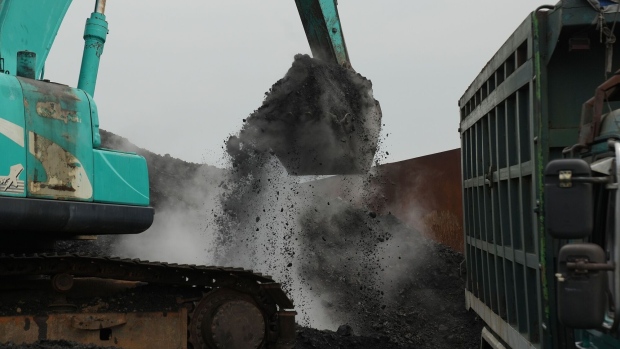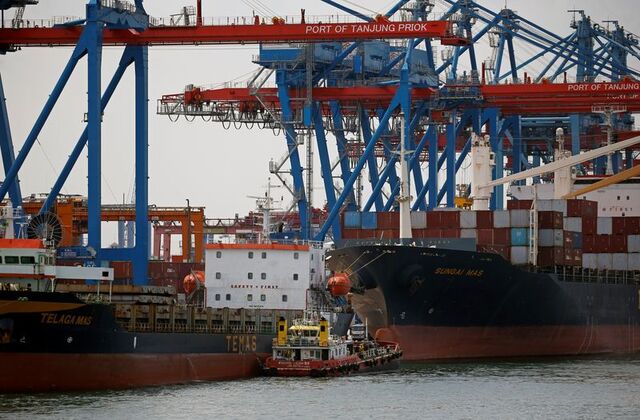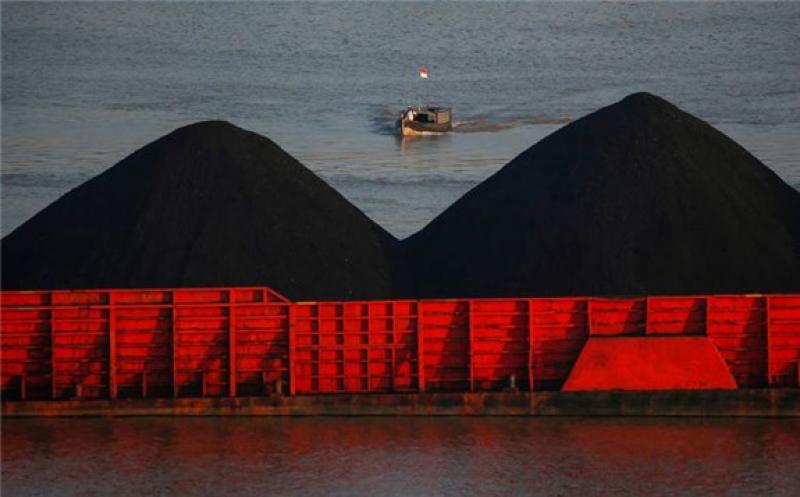The United States increased its natural gas pipeline transportation capacity by around 4.4 billion cubic feet per day (Bcf/d) in just three months as four new pipelines entered into service, the Energy Information Administration (EIA) said on Tuesday.
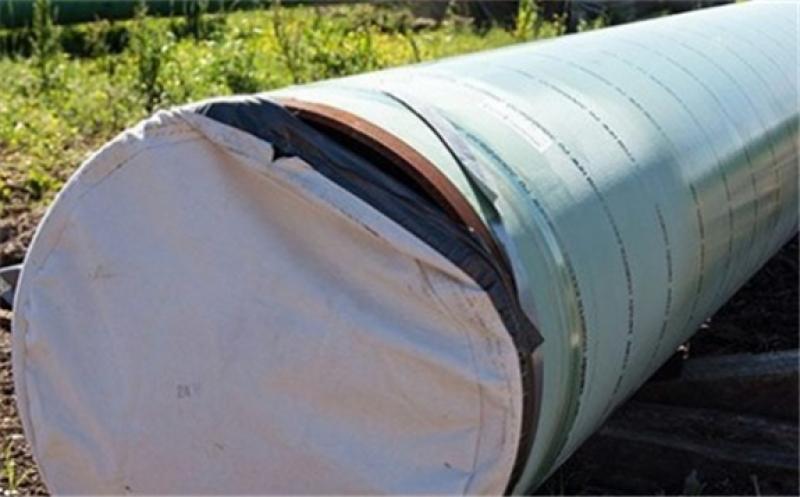
Between November 2020 and January 2021, four natural gas pipeline projects entered into service across America.
The Saginaw Trail Pipeline of Consumer Energy came online in late November 2020. The intrastate project replaced and expanded natural gas pipelines and infrastructure in Saginaw, Genesse, and Oakland Counties in Michigan, increasing natural gas capacity by 0.2 Bcf/d.
The Buckeye Xpress Project with 0.3 Bcf/d capacity began operations in December 2020. Columbia Gas Transmission’s $709 million project involved infrastructure improvements and replaced 66 miles of existing natural gas pipeline with a more reliable 36-inch pipe in Ohio and West Virginia. Buckeye Xpress boosted natural gas transportation capacity out of the major gas basin Appalachia into Columbia Gas Transmission’s interconnection in Leach, Kentucky, and the TCO Pool in West Virginia.
Kinder Morgan’s Permian Highway Pipeline, which entered service in early January 2021, brought an additional 2.1 Bcf/d of natural gas capacity from the Waha Hub in West Texas near production sites in the Permian, to Katy, Texas, near the Gulf Coast. The Permian Highway Pipeline has additional connections to Mexico.
Finally, the Agua Blanca Expansion Project of Whitewater/MPLX started operations at the end of January, connecting to nearly 20 natural gas processing sites in the Delaware Basin and transporting an additional 1.8 Bcf/d of natural gas to the Waha Hub. Agua Blanca is planned to also connect with the Whistler Pipeline scheduled to be completed in the third quarter of 2021 and expected to carry 2.0 Bcf/d of natural gas from the Permian to the Texas Gulf Coast.
More natural gas pipelines could enter into service in the U.S. in coming years, despite the Biden Administration’s climate agenda and the shift in federal support to renewables from fossil fuels.
Earlier this month, the Biden Administration backed a natural gas pipeline project in a legal fight about eminent domain that ended up in the Supreme Court, a move that shocked environmentalists who had hoped the Administration would not support any oil and gas pipeline projects.
This article is reproduced at Oilprice.com
